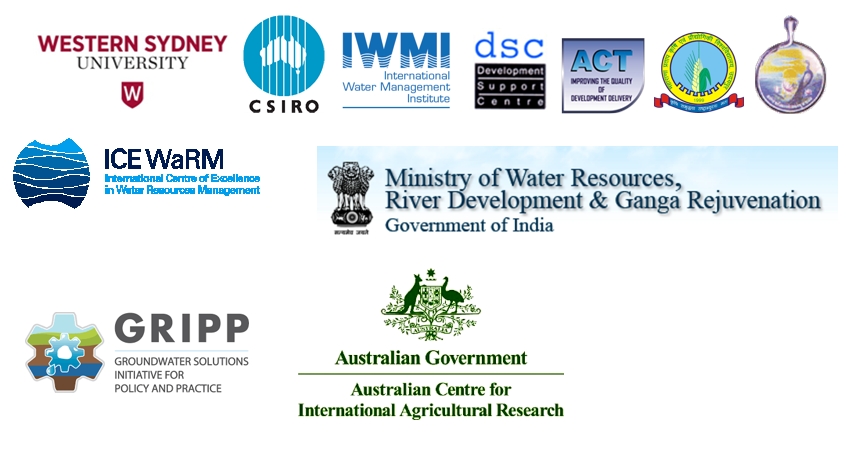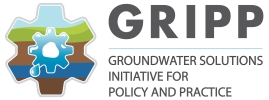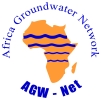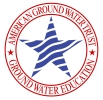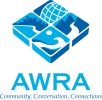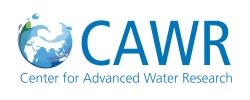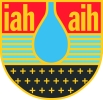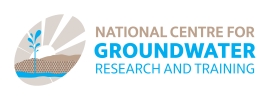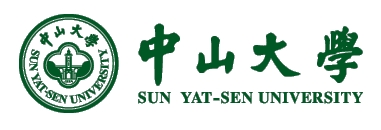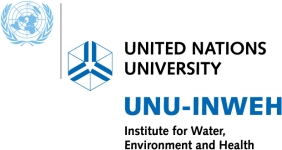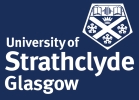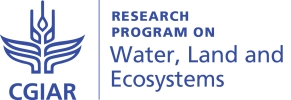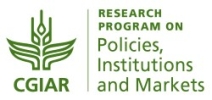Groundwater: A Common Resource – A Shared Responsibility
The MARVI – ‘Managing Aquifer Recharge and Sustaining Groundwater Use through Village-level Intervention’ project, funded by the Australian Centre for International Agricultural Research (ACIAR) and led by Western Sidney University, Australia, is working in Gujarat and Rajasthan, India since 2012 to strengthen local capacity for sustainable groundwater management. The approach used in MARVI involves engaging local villagers and building their capacity to collect and interpret data related to groundwater availability and use in order to find practical local solutions for the sustainable and equitable use of the resource for crop cultivation and domestic uses. This is a unique approach to empowering men and women to own the problematic situation as well as develop their own acceptable solutions, e.g. the formation of village groundwater cooperatives in the study areas.
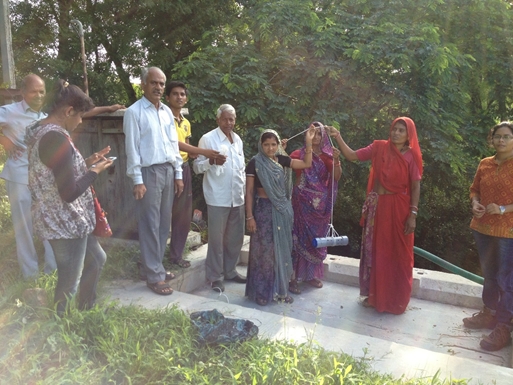
Women farmers are playing an important role in groundwater monitoring
The MARVI project team organised a National Workshop entitled ‘Groundwater Monitoring, Planning, Recharge and Sustainable Use: Village Level Participatory Approaches and Tools’ during May 30-31, 2017 in Ahmedabad, India.
The primary aim of the workshop was to facilitate an active, vigorous and open dialogue to discover ways to strengthen the institutional capacity and frameworks for effective village-scale groundwater management in rural areas subjected to risk of groundwater degradation from depletion or contamination. The shared lessons from the MARVI project and similar Indian initiatives were central to priming deliberations and exploring novel solutions. Crucially, the workshop provided hands-on experience/demonstration of field-tested MARVI tools (e.g. the MyWell app) and methodologies to effectively implement managed aquifer recharge (MAR), assist communities craft cooperative strategies and village level demand and quality management.
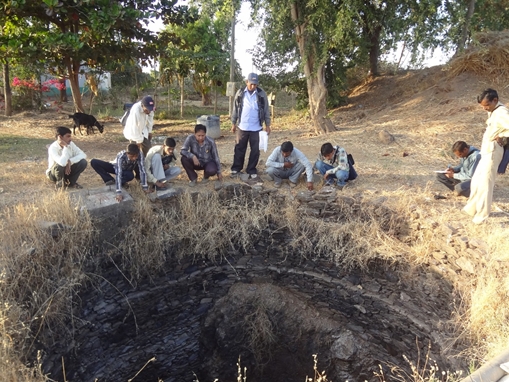
Bhujal Jankaars (BJs, ‘Groundwater informed’, are being trained in groundwater monitoring and hydrogeology
The workshop was attended by more than 120 policymakers, researchers, planners, government officials, NGOs, private sector specialists, farmers and community groups.
As a key outcome of the workshop, ‘The MARVI Declaration’ outlines a number of outcomes and recommendations related to (i) Engaging villagers for shared responsibility, (ii) Learning from MARVI and other groups on participatory groundwater management to feed future national initiative to sustain groundwater use, (iii) Future actions required for sustainable groundwater management, e.g. in terms of enhancing groundwater literacy and community capacity, the role of Bhujal Jankaars (BJs, a Hindi word meaning ‘groundwater informed’ village volunteers), and integration of institutional and policy initiatives at various levels to improve groundwater governance, and (iv) Opportunities and requirements for scaling out the MARVI experience.
Download the MARVI PhotoVoice by the village communities: ‘Groundwater Stories – Villagers share their voices’ here.
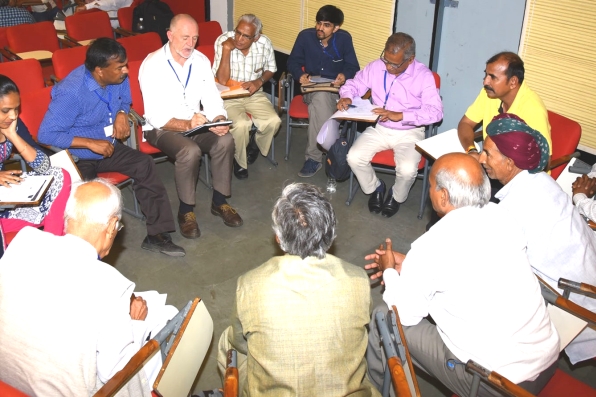
Workshop participants during the group work
For further information, contact, Prof. Basant Maheshwari: B.Maheshwari@westernsydney.edu.au
Workshop Partners and Supporters:
